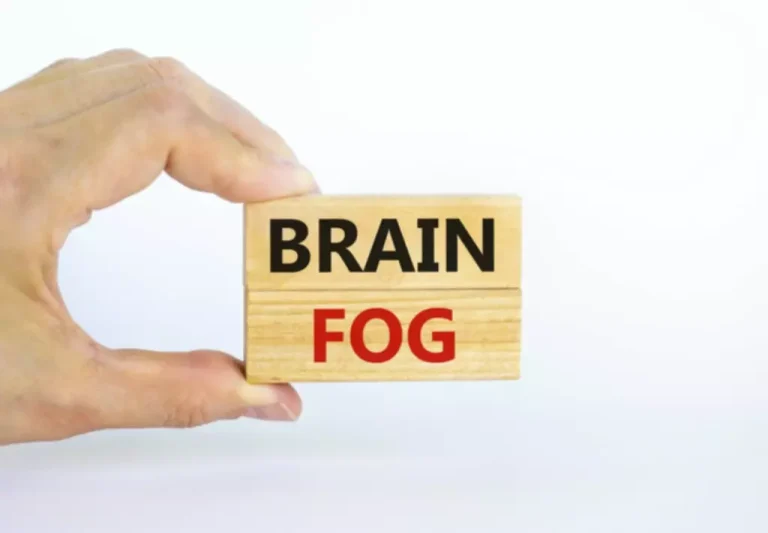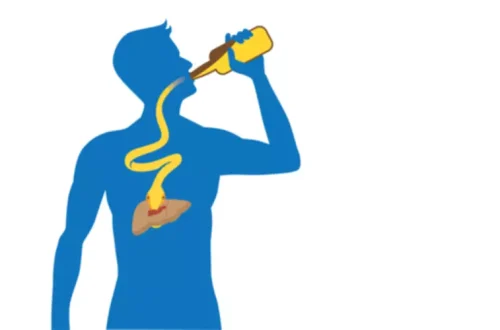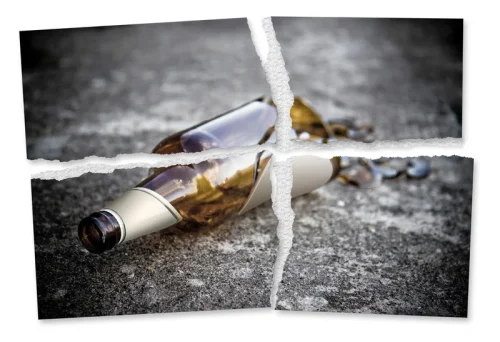
Also critical is building a support network that understands the importance of responsiveness. Not least is developing adaptive ways for dealing with negative feelings and uncertainty. Those ways are essential skills for everyone, whether recovering from addiction or not—it’s just that the stakes are usually more immediate for those in recovery. Many experts believe that people turn to substance use—then get trapped in addiction—in an attempt to escape from uncomfortable feelings. This is especially the case with relapse among addicted youth. Learning what one’s triggers are and acquiring an array of techniques for dealing with them should be essential components of any recovery program.
- The path to sobriety comes with challenges, and many recovery journeys include a period of relapse into alcohol or drug use.
- Anticipate the next steps you need to take and don’t delay in taking them.
- Reflect on what triggered the relapse—the emotional, physical, situational, or relational experiences that immediately preceded the lapse.
- Substances of abuse change the way that the brain operates, causing people to compulsively seek addictive substances despite harmful consequences.
- Helping people understand whether emotional pain or some other unacknowledged problem is the cause of addition is the province of psychotherapy and a primary reason why it is considered so important in recovery.
Examples of Relapses

Think about what triggered the relapse and the feelings and events leading up to it. That will help understand the vulnerabilities and help to prevent another relapse. Most physical relapses are considered relapses of opportunity, meaning that they occur when an individual feels they will not get caught.
Step-by-Step Guide to Recovery After Relapsing
When such a significant event occurs, it is not just the event itself that directly impacts us. When we are talking about relapse, our reaction can make a world of difference. Additionally, the relapse rate for SUDs is estimated to be between 40%-60%, which mirrors the rates of relapse for other chronic diseases, such as hypertension or asthma. Addiction is still considered a highly treatable disease, though, and recovery is clearly attainable. In recent years, around 10% of U.S. adults who are at least 18 years old say they are in recovery from either a SUD or, more specifically, an alcohol use disorder (AUD).

Attend Meetings & Build a Stronger Support Group
BetterHelp can connect you to an addiction and mental health counselor. At this stage, people experience an internal struggle to resume substance use and the desire to remain sober. People can experience one or more relapses before they succeed. Join our supportive sober community where each day becomes a step towards personal growth and lasting positive change.

Flexibility in applying these strategies is key, as different situations may require different approaches. Incorporating a variety of techniques into the recovery plan can provide a comprehensive toolkit for managing stress and maintaining sobriety. Recognizing the signs of a potential relapse and having a robust support network can also play a significant role in recovery maintenance. Research highlights the importance of identifying triggers and what to do after a relapse high-risk situations that can lead to relapse, such as stressful environments or emotional responses that challenge sobriety. Research indicates that early identification and response to slips can prevent a full-blown relapse, highlighting the importance of vigilance and support systems in maintaining long-term recovery. If you have relapsed, there will have been a number of factors that influenced or triggered your return to drug or alcohol use.
- And it robs people of the energy needed to rebuild their life.
- The longer you continue to use, the more complicated it can become to stop using, especially if it is a substance on which your body can become physically dependent, such as alcohol.
- All of the above can prove highly dangerous for recovering addicts, and they should be actively avoided, particularly in the early stages of recovery.
- A friend, family member or therapist may find out about the slip and help them access resources or find motivation to prevent relapse from occurring.
- By providing the company of others and flesh-and-blood examples of those who have recovered despite relapsing, support groups also help diminish negative self-feelings, which tend to fester in isolation.
Make sure the people closest to you know where to find it and how to use it. A healthy brain releases chemicals that give you pleasure when you do something rewarding, like exercising or meeting up with your friends. As you become addicted, your brain demands more and more of the drug to get that same feeling. In fact, at some point, if you don’t use the substance, you may feel worse. It is important to do some self-reflection and figure out what happened.
Emotional relapse
- When a person with a substance use disorder relapses, they need to take similar steps.
- This is often seen as a “real” relapse and might seem like it came out of nowhere.
- People in recovery from addiction may relapse for several reasons.
- Addiction is a long-term condition, like asthma, diabetes, or high blood pressure.
- For instance, naltrexone has been shown to lower the risk of relapse in alcohol use disorders, with several needed-to-treat to prevent a return to any drinking.
A good friend can talk you down and remind you of all the wonderful things in your life worth protecting by staying off drugs and alcohol. Another immediate need you should fulfill following a relapse is a safe living environment. If your living arrangements are neither safe nor conducive to recovery, please consider alternative arrangements. Finding supportive relationships often means looking for people who exhibit positive traits such as kindness, honesty, patience, and cooperation. Being patient and empathetic is important, recognizing that rebuilding trust takes time. Therapy can offer a space for individual growth and the development of coping strategies, which in turn can improve interpersonal relationships.
Factors That Influence the Likelihood of Relapse
- Recovery routines and techniques help people feel comfortable in their sobriety and offer constructive outlets for excess energy.
- As your body detoxes after a traumatic relapse, you may begin to feel new levels of guilt and shame.
- Recovery happens one day at a time, and the journey can be challenging.
- Still, by incorporating these strategies—consistency, self-care, and support—those in recovery can greatly enhance their resilience and reduce the risk of relapse.
The longer you continue to use, the more complicated it can become to stop using, especially if it is a substance on which your body can become physically dependent, such as alcohol. While they may seem like two simple and very similar words, there is a significant difference between being sober and being in recovery. In short, being sober simply means not using alcohol or other substances but not necessarily recovered in other ways. Engaging in hobbies and pastimes that bring joy can act as a positive distraction, reducing the risk of relapse by filling the time with fulfilling pursuits. By establishing a consistent routine and sticking to it, individuals in recovery can build resilience, create positive habits, and lay the foundation for long-term recovery.

Coping skills can keep thoughts from escalating into substance use. In the absence of an emergency plan for just such situations, or a new life with routines to jump into, or a strong social network to call upon, or enhanced coping skills, use looms as attractive. Alternatively, a person might encounter some life difficulties that make memories of drug use particularly alluring. Once the danger of overdose https://ecosoberhouse.com/ is removed, you should reach out to your support system and find a safe living environment. The immediate goals should be to remove access to alcohol or other drugs, shield yourself from negative influences including friends who drink or use drugs and begin to search for addiction treatment. People who maintain sobriety for several weeks or months become much less tolerant than they were in the past.

Consider talking to someone, such as a counselor or people in your support group. Use what you’ve learned from your relapse to make better choices moving forward and continue your recovery with renewed focus. Relapse is a common and manageable part of the recovery journey, not a sign of failure.
